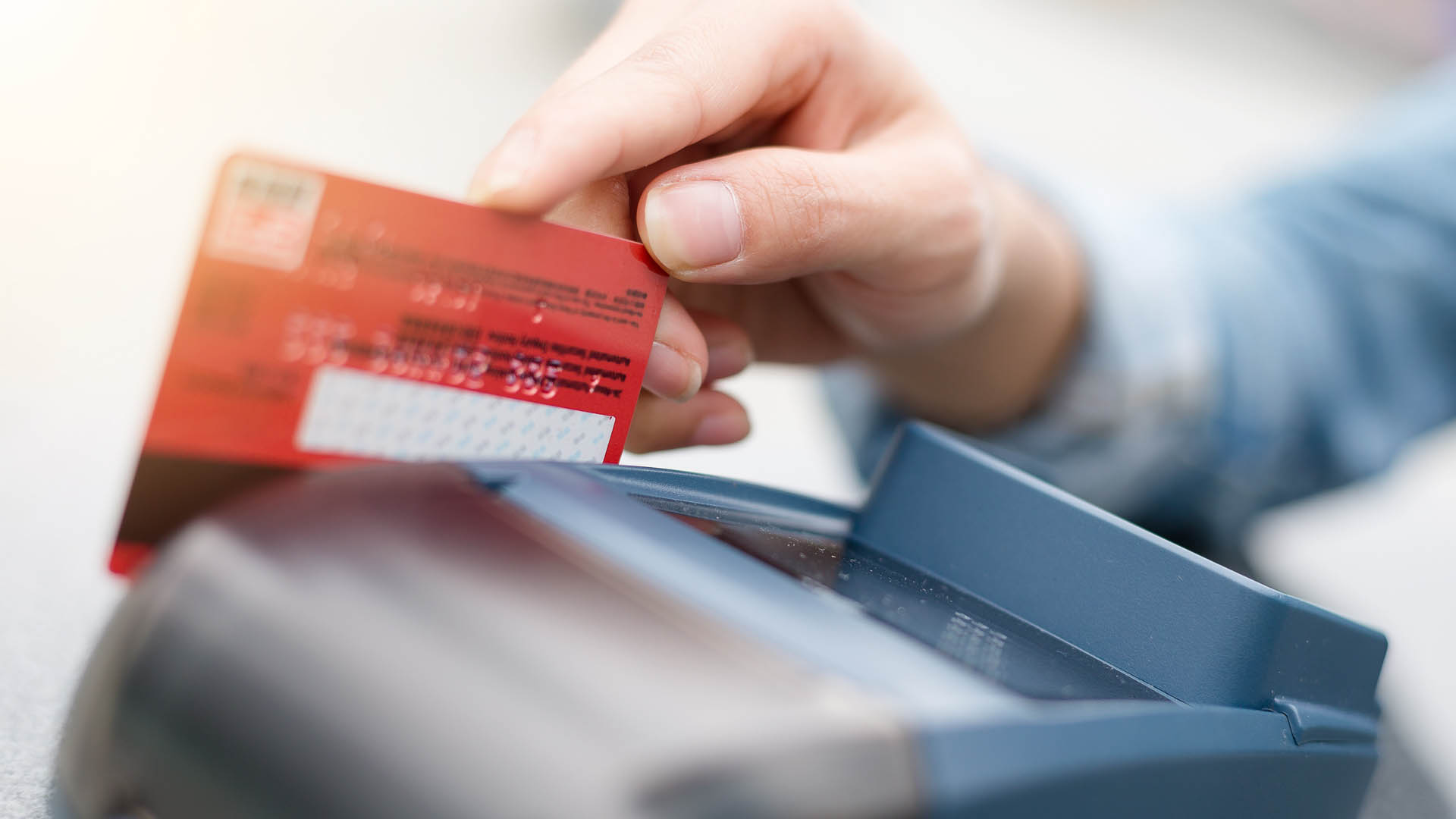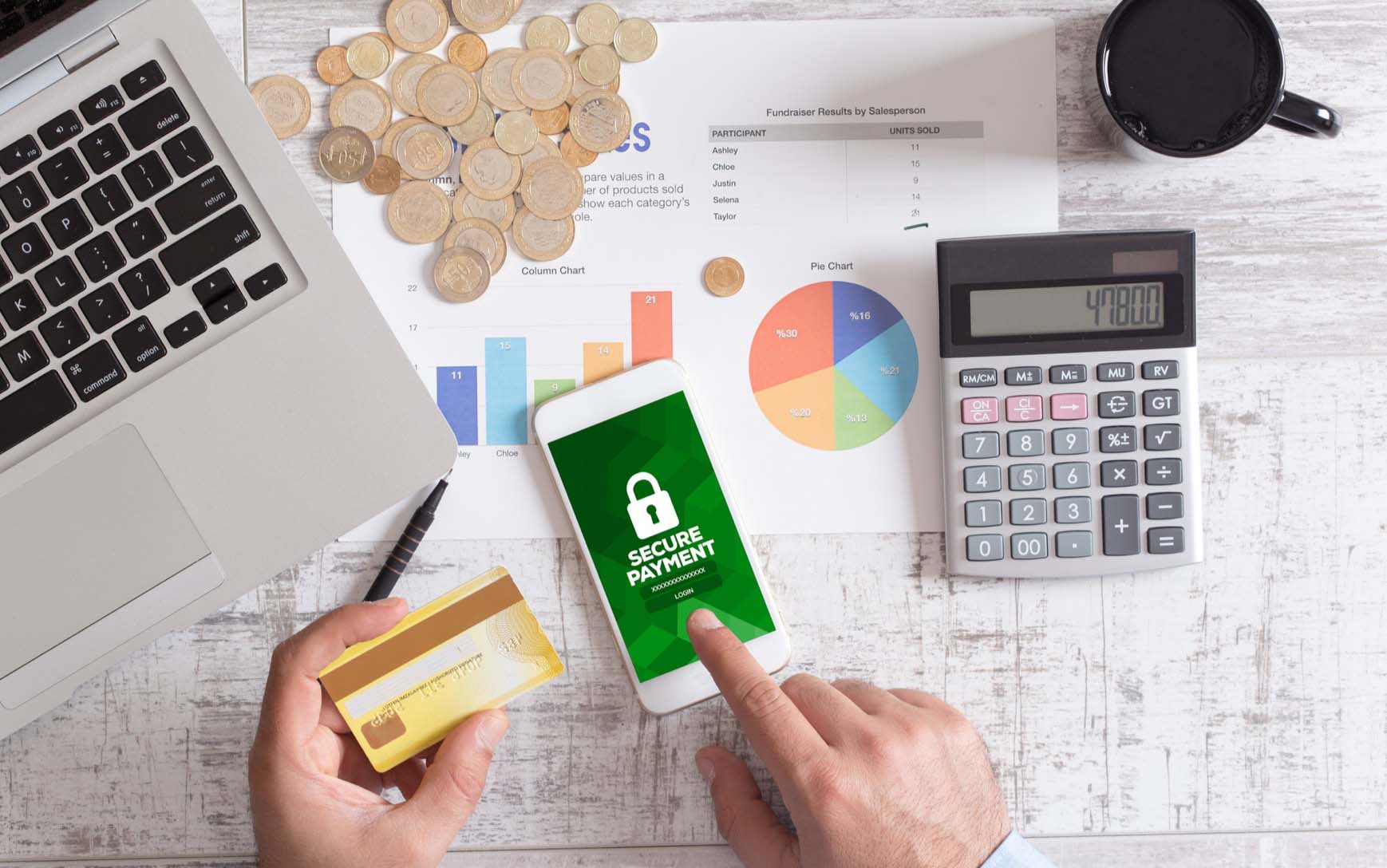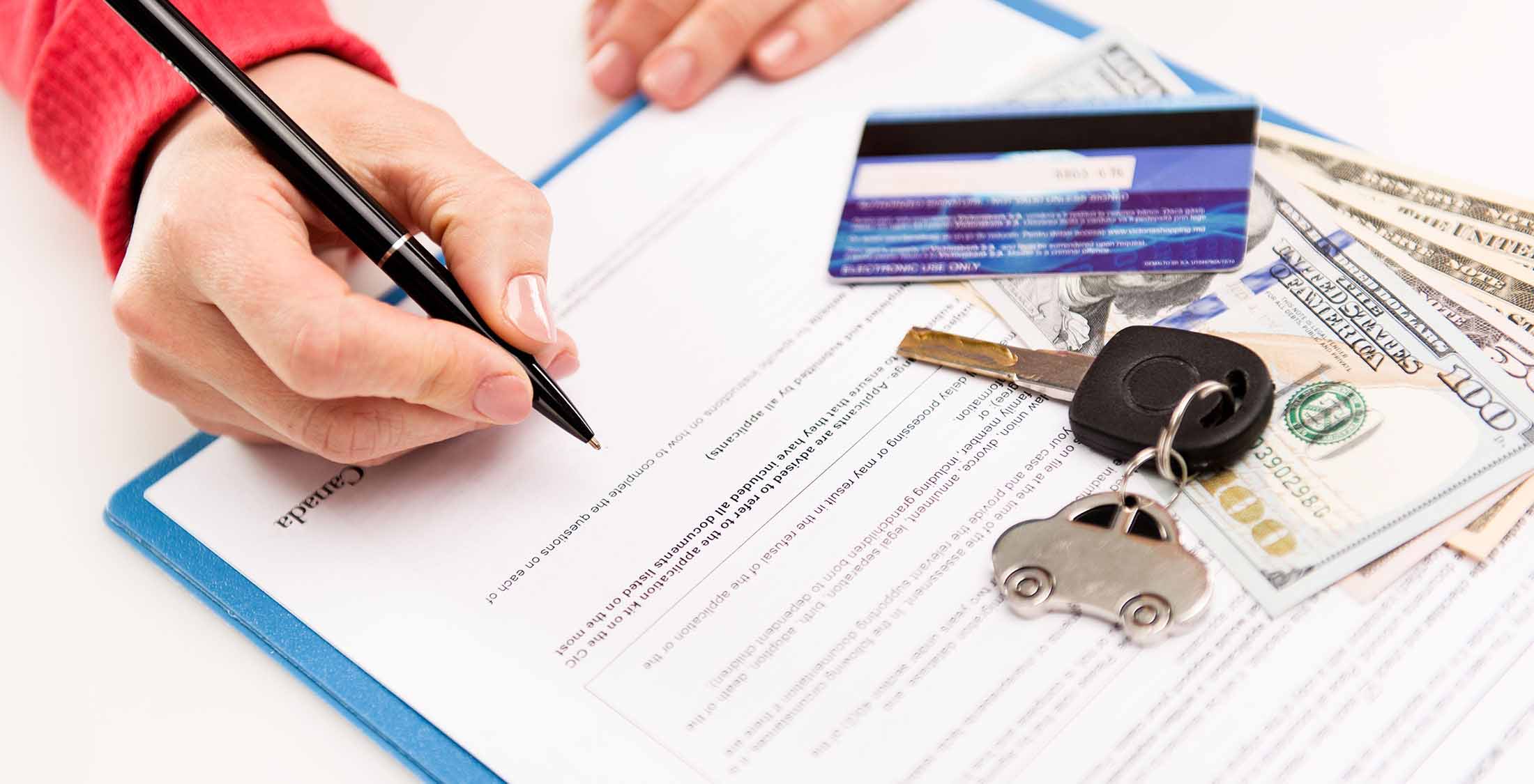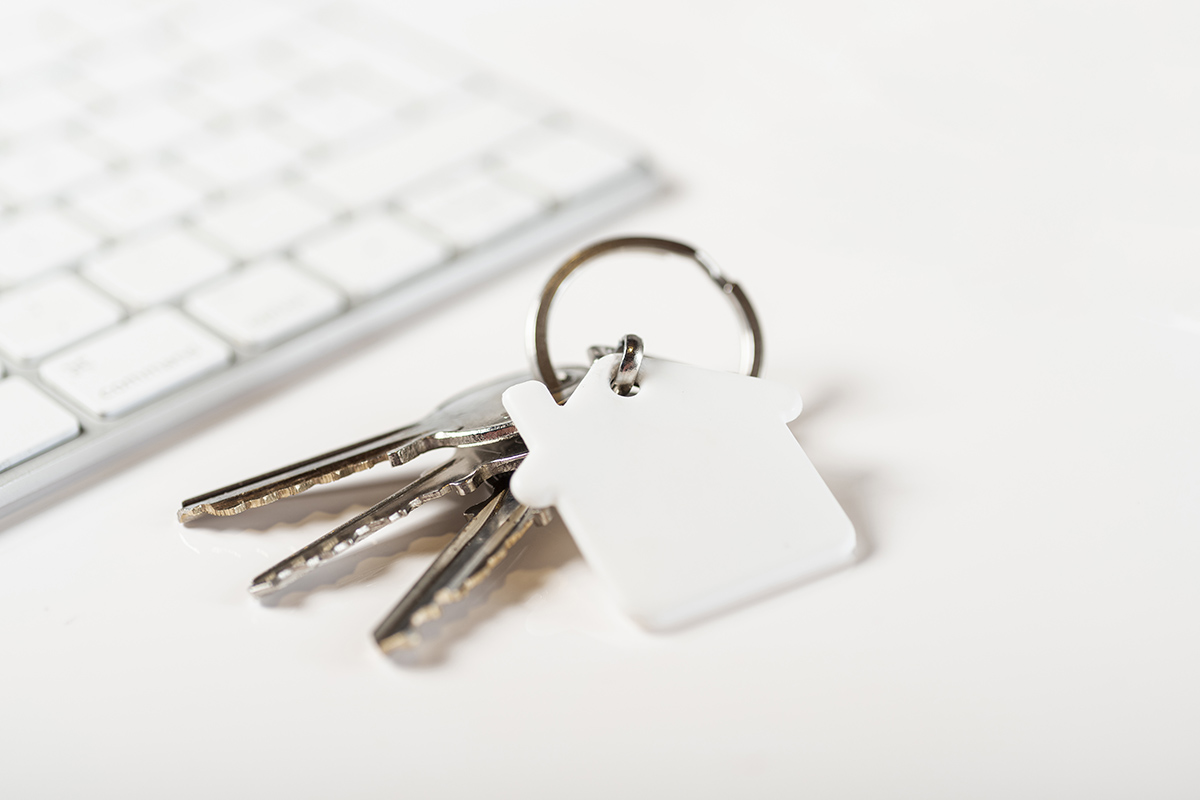Do’s and Don’ts for Improving Your Credit Score
If you’ve never applied for a credit card or obtained a loan, you probably don’t have a credit score. And that can leave you in a tricky spot if you ever do decide to put in a credit card application or go to a lender for a loan.
Before anyone is going to extend a line of credit to you, you need to perform credit building and establish a credit history. It’ll show that you’re responsible enough to get a credit card or loan and help you increase your credit score over time. Here are seven critical do’s and don’ts that you should remember when you’re in the process of credit building.
Do: Apply for a Secured Credit Card
We know that we just said you’ll have a tough time getting approved for a credit card if you don’t have any credit history. But there is one exception to this rule.
You can apply for a secured credit card that requires a refundable deposit when approved. Whatever amount you put down as a deposit will be your spending limit. It protects the credit card company while allowing you to build up your credit.
Look for a secured credit card that calls for a low deposit, preferably in the $250 to $500 range. This will allow you to see what it’s like to have a credit card without putting too much on the line.
Don’t: Apply for Too Many Credit Cards at Once
Applying for one secured credit card is a good idea. But are you using for 10 of them at the same time? That’s going to be a problem! Any time you apply for a credit card or any other line of credit, a creditor will check your credit report. When they do this, it’ll show up on your credit report as a hard inquiry in most cases. And when you have too many hard inquiries on your credit report at once, it’ll scare most creditors off and bring your credit score down.
Pick the secured credit card you like most and apply for that one and that one only until you hear back about whether or not you were approved. It’ll improve the odds of you getting approved for the card.
Do: Pay Off Your Credit Card Every Month
If you’re lucky enough to obtain a secured credit card from a creditor, be responsible for it. Pay it off monthly, and avoid carrying a balance if you can. A lot of young people like to carry out credit building by getting a secured credit card and using it to rack up a few more minor charges every month. They’ll charge things like gas and groceries and then pay off their balance before their due date.
Doing this, it’ll show creditors that you’re capable of managing credit. It’ll also help you build up your credit since on-time payments play a big part in your credit score.
Don’t: Max Out Your Credit Card
Maxing out your credit card when you first get it is just about the worst thing you can do with it, even if you can afford to pay it right off. When you max out a credit card, what’s known as your credit utilization will shoot up from 0 percent to 100 percent.
Creditors hate to see this. It shows that you’re not a person who is responsible for credit. Your credit report will be docked for this if your credit card is maxed out almost all the time.
Generally speaking, you should use no more than 30 percent of your available credit at any given moment. That means that if your credit limit is $500, you should try to keep your balance at around $150 max.
Do: Try to Obtain Other Types of Loans
Applying for a credit card and increasing your available credit will no doubt give your credit score a boost within about 6 to 12 months. But it’s not the only thing you can do to improve your credit score.
You can also apply for other loans. Try to get approved for:
- Student loans;
- Auto loans;
- Personal loans;
- Secured loans;
- And more.
Some loans are specifically designed to help those who have bad credit and want to build it back up. This helpful page explains how these loans work and how they could help you get out of debt and bring your credit score back up.
Don’t: Take on Too Much Debt
Whether you try to conduct credit building by applying for a credit card, taking on a loan, or some combination of both, you should not bite off more than you can chew. The more credit you have, the better your chances of racking up debt you can’t afford to pay off.
When you’re trying to build up your credit, focus on that goal and steer clear of accumulating debt through credit cards and loans. The last thing you want to do is set out to build your credit up and make it way worse along the way.
Do: Monitor Your Credit Report
More than 25 percent of Americans have never checked their credit report. Do not be one of these people! While you don’t have to check your credit report every month, you should check it at least once yearly to see where you stand. You’ll be able to determine if your credit-building efforts are paying off.
Credit Building Can Take Time
Credit building isn’t going to happen overnight. It’ll take at least a few months for you to see any movement in your credit score. Once your credit score starts to go up, it’s important for you to continue to apply pressure and push for it to go even higher.
It’ll help you qualify for better interest rates on your credit cards and loans and allow you to live a better life overall. Read our blog for tips on maintaining your credit score once you increase it.




















